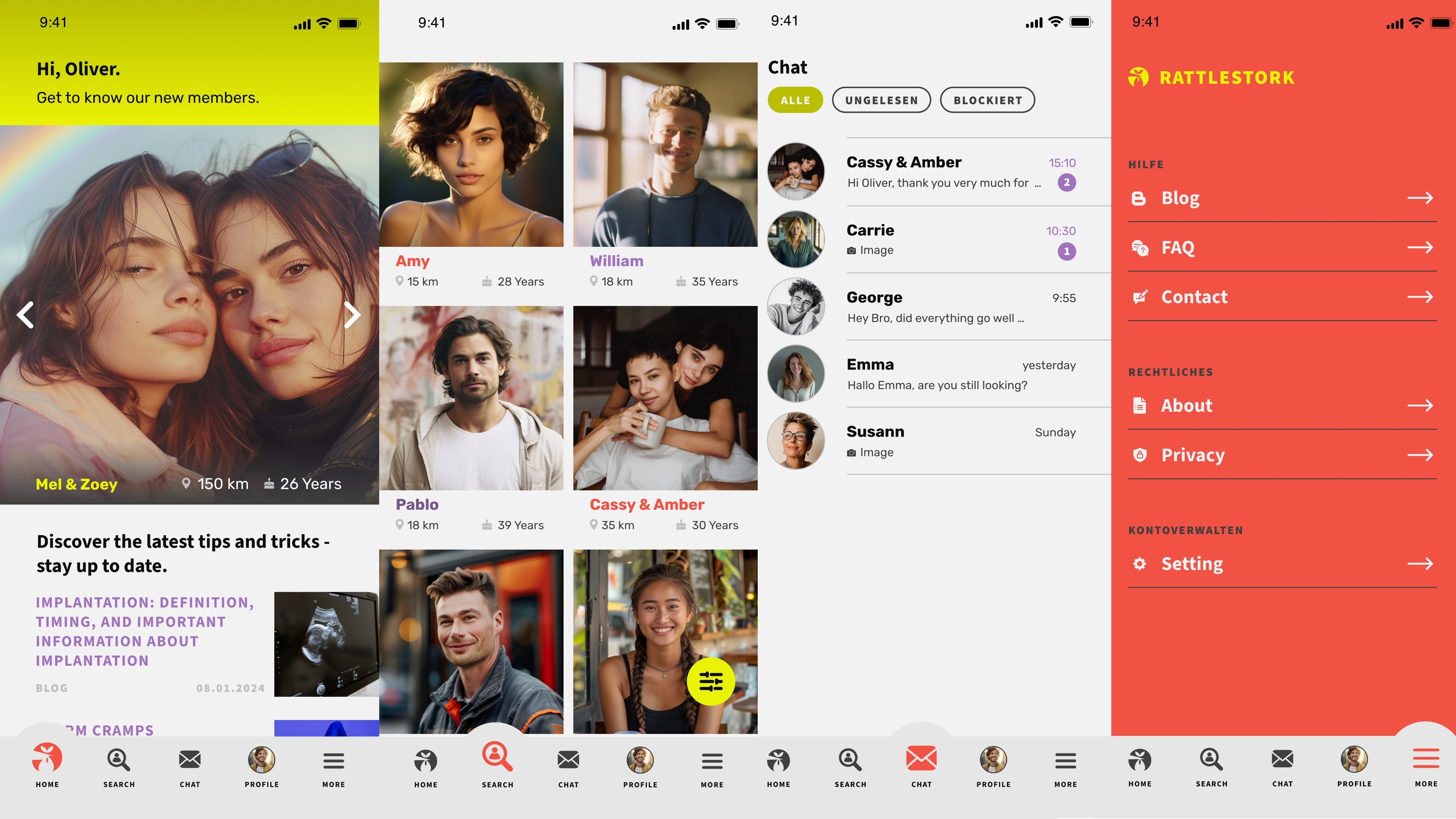Key facts and context
- Payment vs. reimbursement: paying donors is illegal under the Assisted Human Reproduction Act. Donors can be reimbursed for documented expenses (e.g., travel, childcare, medical costs) under federal reimbursement regulations. Keep receipts; flat fees are not allowed. Justice: SOR/2019-193, Health Canada guidance
- Safety rules: the Safety of Sperm and Ova Regulations set screening, testing, quarantine and quality standards for donor sperm used in Canada. HC news (2024 updates), HC: Safety Regulations guidance
- Identity and records: Quebec’s new rules (in force June 6, 2025) give donor-conceived people a right to know their origins via a provincial register; clinics must transmit donor data. Quebec: Right to know one’s origins
- Where you can donate now: as of October 2025, Montreal’s Clinique OVO recruits altruistic donors; Canada’s previous national donor bank in Toronto ceased donor recruitment and resale in August 2025. Clinique OVO, Origin (closure notice)
Quick view by city
Active donor recruitment: Montreal (1)
Closed in 2025: Toronto (1)
National distributors (ordering for clinics/recipients, no donor recruitment): Hamilton (2)
All Canadian sperm banks and distributors – details and fact-check (A–Z by city)
Hamilton (Ontario) — distributors (no donor recruitment)
CAN-AM Cryoservices
- Role: Canadian distributor of donor sperm and eggs from international banks; ships to clinics nationwide
- Website: canamcryo.com
- Notes: does not recruit Canadian sperm donors; catalogue access via partner banks
Canada Cryobank
- Role: Canadian distributor aggregating Canadian-compliant donor catalogues from multiple international banks
- Website: canadacryobank.com
- Notes: distributor only; not a donor recruitment site
Montreal (Quebec) — active donor recruitment
Clinique OVO — Internal OVO Sperm Bank
- Address: 8000 Boulevard Saint-Laurent, Montréal, QC H2R 1X9
- Website (bank overview): cliniqueovo.com • Donor eligibility and application: Become a donor
- Donor age: 18–40 (health screening applies)
- Reimbursement: expenses only, per federal law; keep receipts for eligible costs
- Distribution & family limits: distribution is local (Quebec); the Quebec sperm bank limits each donor to a maximum of 10 families
- Identity rules (Quebec): donors are recorded for access-to-origins; the right came into force June 6, 2025
- Notes: brief, anonymized donor profiles; genetic profile available for some donors
- Sources: OVO: Sperm & Egg Banks; Quebec gov: Assisted reproduction; Right to know one’s origins
Toronto (Ontario) — status update
Origin Sperm Bank (formerly ReproMed Toronto Sperm Bank)
- Status: as of August 25, 2025, Origin has closed donor recruitment and resale operations (existing reserved vials remain managed)
- Reference: closure notice
- Implication for donors: no applications accepted; consider Montreal (OVO) if you can travel, or a clinic’s directed/known donor pathway (see below)
Directed/known donor pathways (across Canada)
Many Health Canada–registered fertility centres can process a directed donation (you donate to a specific recipient you know). Screening and consents follow the federal Safety Regulations, and the donation is handled through the clinic rather than a public donor bank. Example information page: Regional Fertility Program (Calgary) and a detailed directed-donor pathway at Generation Fertility.
How donation works in Canada
- Application and pre-screen: age and health check, basic history, semen analysis after 2–5 days abstinence.
- Medical testing and counselling: infectious-disease labs, physical exam, and informed-consent counselling (requirements set by federal Safety Regulations).
- Donation period: regular on-site donations over several months to build inventory; samples are quarantined before release.
- Reimbursement: submit receipts for eligible expenses (e.g., travel, dependants’ care); no flat fees or honoraria.
- Records/identity: data retention per clinic and law; in Quebec, access-to-origins applies via the provincial register from June 6, 2025.
References: Health Canada (2024 screening update), Safety Regulations guidance, Reimbursement regulation, Quebec identity rules
Legal basics, clearly
- No payment for sperm donation: criminal law prohibits remuneration. Only receipted expenses can be reimbursed under SOR/2019-193.
- National safety standards: donor screening, testing, storage and traceability are defined in the Safety of Sperm and Ova Regulations (SOR/2019-192) and Health Canada directives.
- Identity and family limits: Quebec maintains a provincial register (access at majority; rules in force June 6, 2025) and the Quebec sperm bank caps each donor at 10 families. Other provinces rely on clinic and bank policies and the federal safety regime.
Practical tips for strong, consistent samples
Keep regular appointments, sleep well, avoid smoking, and keep alcohol and caffeine moderate. Consistent hydration and avoiding hot tubs/saunas before visits can help maintain good motility. Follow clinic abstinence guidance for each test or donation.
Alternative path outside a traditional sperm bank
RattleStork connects donors and recipients through a privacy-first marketplace. You can filter by personal criteria, agree tailored donor agreements and explore co-parenting options with clear expectations.

Learn more: RattleStork – organise private sperm donation online
Private routes can offer more choice and shorter wait times. Use robust agreements, follow Health Canada safety guidance and understand future identity-access rules where applicable.
Conclusion
As of October 2025, Canada’s active donor recruitment is centred in Montreal (Clinique OVO), while Toronto’s former bank has closed its donor operations. National distributors in Hamilton supply clinics and recipients but don’t recruit donors. If you’re healthy, 18–40 (Quebec), and able to commit to several months of regular visits, you can make a meaningful contribution—just remember it’s reimbursement-only, with strict screening and traceability. Confirm details with the centre nearest you and choose the path that fits your life: a regulated bank, a directed donation through a clinic, or a flexible match via RattleStork.

